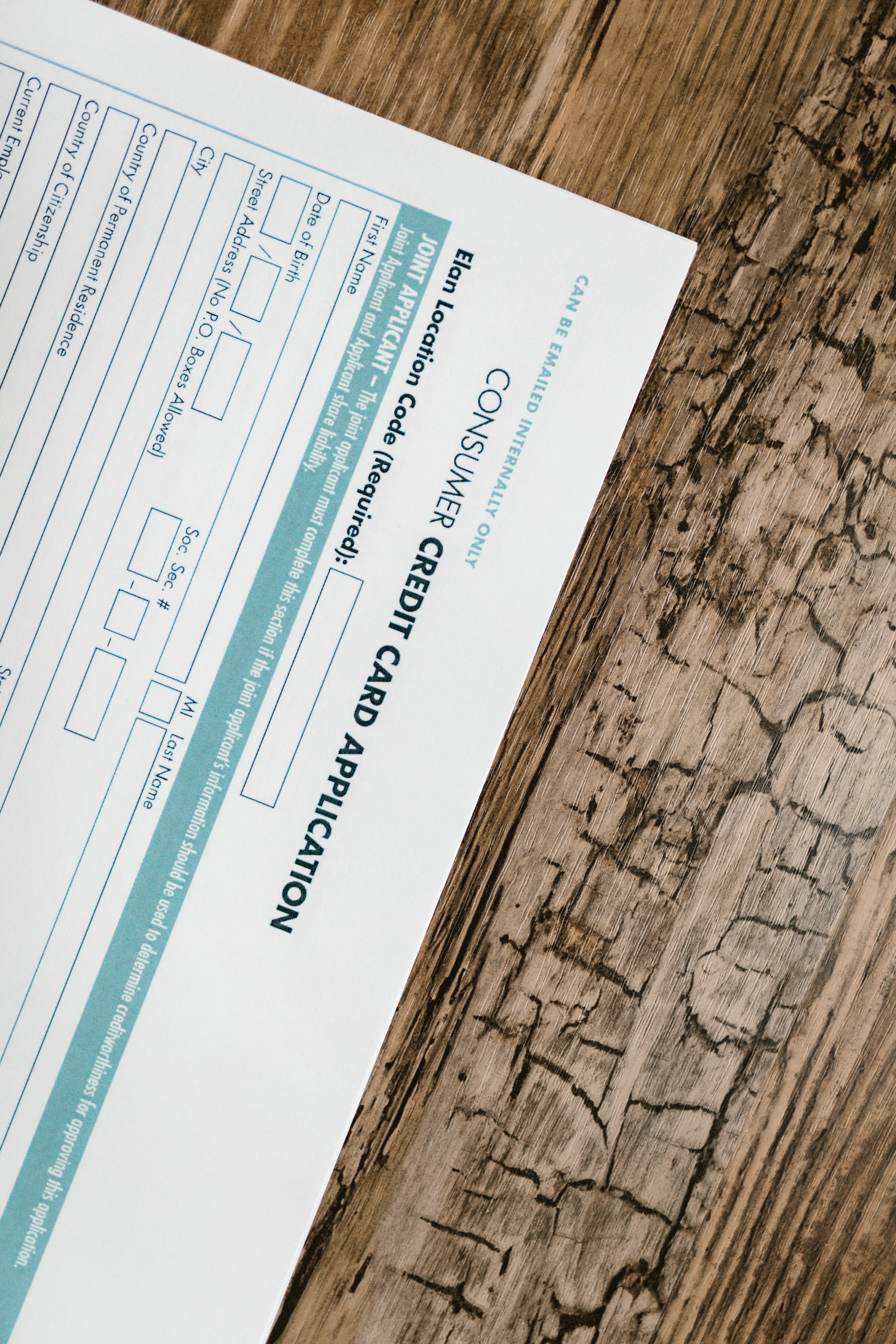If you are reading this, chances are you have some plans and you’re looking to raise your credit score quickly so that you look good. While there are a few steps you can take that will raise your score twenty or so points within six to nine months, raising your score substantially (fifty to a hundred points or more), and keeping it there, takes time.
Five Main Factors that Affect Your Credit Score
Your credit score is a result of how you have handled your credit responsibilities over a period of time. There are five main factors that affect the score; some account for the short-term fluctuation throughout the year and some for the gradual rise or decline over time.

Payment history 35% — Short- & long-term effect
Looks at history of on-time and late payments; also, how late the payments have been. Lenders need to be assured that you will repay loans as promised—on time and in full. So, the greater the number of late payments, the longer the payments have been outstanding, and the more recent the late payments, the greater the (negative) effect on your profile.
Amount owed 30% — Short-term effect
The ability to make do with just a small percentage (10-30%) of the credit available to you is a very important part of your score. Still, they don’t want to see you have too much unused credit to go crazy with. It’s a balancing act. While it is expected that you will make periodic large payments using credit, when you do build up balances, they want to see you pay it down quickly.
Length of history 15% — Long-term effect
Counting starts from your first credit account, and the longer your history the better. The various ups-and-downs in your credit life is on full display for analysis and a general upward trend gives potential & existing lenders confidence in your credit worthiness.
New credit 10% — Short-term effect
The older your credit accounts, the better. Too many new accounts are cause for concern especially if opened within the past 12 months.
Type of credit 10% — Long-term effect
Having different types of installment and revolving credit accounts (e.g. mortgage and credit card) demonstrates your ability to handle the demands of various types of credit structures. It also indicates a level of credit maturity.

How to Raise Your Score 20–50 Points over 6–9 Months
So, bearing these in mind, if you are just shy of the credit score for a car loan or mortgage and are aiming for a relatively small change, here are a few pointers that might help.
• Do not open any new credit accounts in the six to eight months prior to your going for THE LOAN.
• If your credit card balances are too high (above 25%), request a card limit increase on one or two of your oldest cards where your payment history is perfect. Do not get any new accounts, just request limit increases.
• Pay off any installment credit with only a couple months left on them. The fact that you maintained a credit mix stays on your report, which is good, and you get a boost from having a lower credit balance.
• Make every payment on time, a day early to be safe. You want at least one year of on-time payments on your credit report. If you usually pay your statement balance in full monthly, and you have the cash on hand, pay off any remaining card balance before the statement closing date. This way you have a nil amount going towards your credit score calculation.
• Do not let any creditor check your credit until you are 100% ready to move with the loan, no testing of the waters. Random checks lower your score. If you don’t get your score free on your online bank accounts and your need to know, check it yourself with the credit bureaus. When you are ready to apply for the loan, let the creditors do all the checks within a 30-day span.
• Remember, you have to give yourself some time for the changes to kick in; so plan on starting six to eight months ahead of when you need to go loan shopping.
Raising Your Credit Score – Long-term
For a further discussion on raising your score over the long haul and strategies to keep it high, see the Raising Your Credit Score — Long Term discussion.






